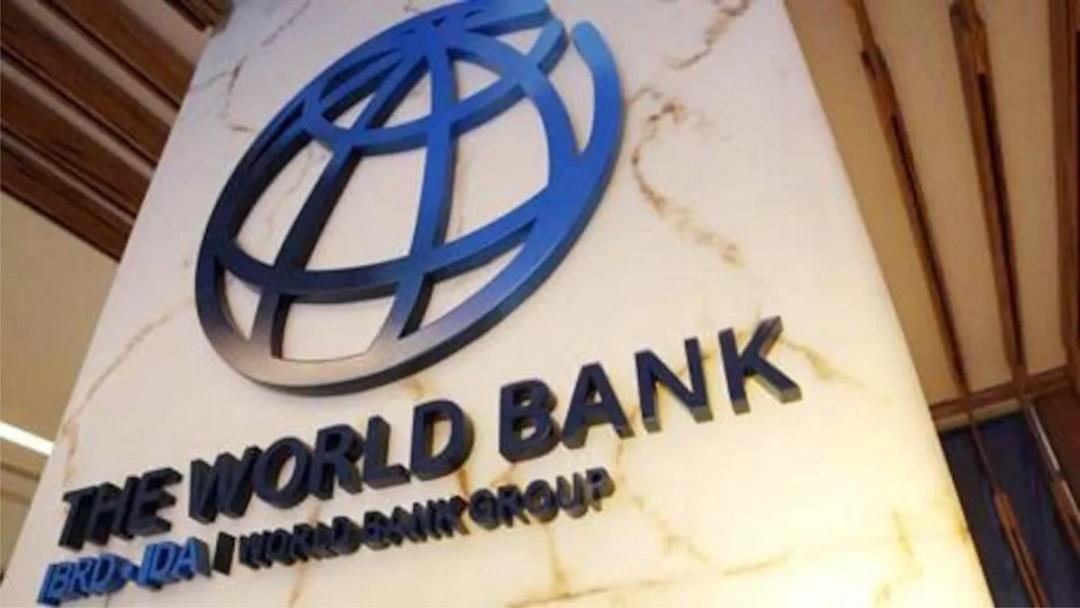
South Caucasus countries in World Bank Economic Outlook for June 2021

On 9 June, the World Bank Group (WB) published their “Economic Outlook” report for June 2021 summarising the trends in Covid-19 economic recovery.
The report emphasised that following last year’s collapse, the global economy is experiencing an exceptionally strong but uneven recovery. While advanced economies are rebounding, many of the world’s poorest countries are being left behind, and much remains to be done to reverse the pandemic’s staggering human and economic costs. Moreover, the recovery is not assured: the possibility remains that additional Covid-19 waves, further vaccination delays, mounting debt levels, or rising inflationary pressures deliver setbacks.
Global growth is set to reach 5.6% in 2021—its strongest post-recession pace in 80 years—in part underpinned by steady but highly unequal vaccine access. Growth is concentrated in a few major economies, with most emerging market and developing economies (EMDEs) lagging: while about 90% of advanced economies expected to regain their pre-pandemic per capita income levels by 2022, only about one-third of EMDEs are expected to do so. In low-income countries, the effects of the pandemic are reversing earlier gains in poverty reduction and compounding food insecurity and other long-standing challenges.
Speaking on the South Caucasus region, the WB emphasised that after suffering the sharpest collapse in output among the Eastern Europe and Central Asia (ECA) subregions in 2020 amid armed conflict, the subregion is projected to return to growth, expanding 3.6% in 2021; growth is then expected to strengthen to 4.2% in 2022. The recovery in early 2021 remains muted, reflecting subdued domestic demand due to the pandemic, as well as an escalation in domestic political tensions (Armenia) and continued weakness in transport and tourism (Georgia). Monetary policy has also tightened, with Armenia and Georgia having hiked policy rates. The current forecast was predicated on the dissipation of the shocks related both to the pandemic and to conflict, and on a recovery in tourism alongside improving consumer and business confidence. Growth in Azerbaijan is expected to be supported by the stabilisation of oil prices as well as investment and reconstruction spending. The November 2020 ceasefire agreement between Armenia and Azerbaijan has alleviated geopolitical tensions in the region, although risks to stability remains elevated.
Armenia’s economy was forecasted to grow 3.4% in 2021, 4.3% in 2022 and 5.3% in 2023. Azerbaijan’s economy was forecasted to grow 2.8% in 2021, 3.9% in 2022 and 3.4% in 2023. Georgia’s economy was forecasted to grow 6% in 2021, 5% in 2022 and again 5% in 2023.
See Also


Simonyan: “Armenia Should Trade with Turkey and Azerbaijan Instead of Closing Borders”

Mirzoyan Meets US Deputy Assistant Secretary Joshua Huck

Azerbaijani President Holds Talks with UAE and German Business Delegations on Economic Cooperation

Grigoryan Confirms Armenia’s Readiness to Dissolve OSCE Minsk Group Upon Peace Treaty Signing

